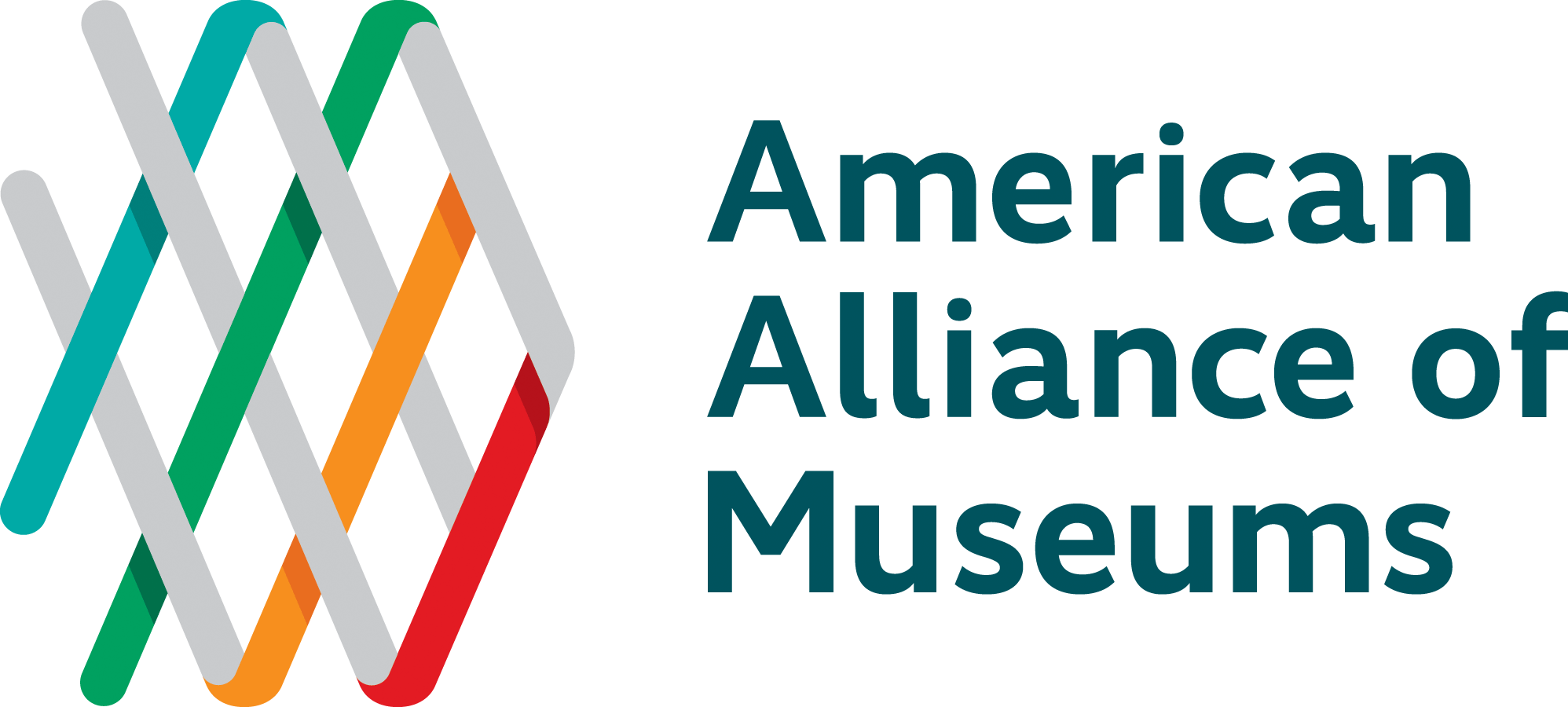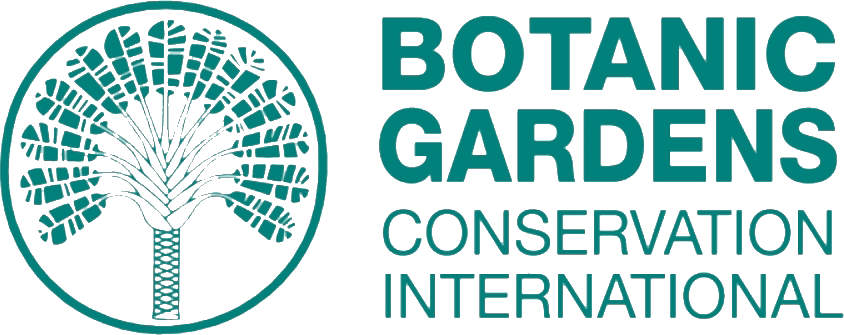Alignment of Project Drawdown Solutions and The Climate Toolkit

Project Drawdown is a nonprofit that “conducts rigorous reviews and assessments of climate solutions, creates compelling and human communication across mediums, and partners with efforts to accelerate climate solutions globally”. Project Drawdown’s mission is to reduce emission sources, support carbon sinks, and uplift nature’s carbon cycle, and to overall improve society. The project’s Table of Solutions, created by Paul Hawken and Amanda Ravenhill, advises organizations, cities, universities, philanthropies, policymakers, communities, etc. on the most effective ways to address climate change. Wherever possible, solutions listed on the Project Drawdown table also display the amount of Carbon Dioxide that can be mitigated if the solution is used. The numbers below represent an estimate gigatons of CO2 equivalent emissions that can be reduced or sequestered by a particular solution over a 30-year period.
The Climate Toolkit Goals that align with Project Drawdown Solutions are paired below.
Project Drawdown Solutions | Climate Toolkit Goals |
|---|---|
| Electricity | Energy |
| Net-Zero Buildings | Build all new buildings as zero-energy buildings or Living Buildings. |
| Concentrated Solar Power (18.6 – 23.96) Utility-Scale Solar Photovoltaics (42.32 – 119.13) Distributed Photovoltaics (27.98 – 68.64) | Generate or purchase 100% renewable electricity. |
| Buildings, Industry | Waste |
| Building Retrofitting | Ensure any new constructions or renovations responsibly reduce or manage waste. |
| Composting (2.14 – 3.13) | Compost 100% of all food waste. |
| Recycling (5.5 – 6.02) | Recycle or reuse all recyclable materials including metals, glass, and plastic throughout the conservatory. Eliminate all single-use plastic in food service, horticulture, gift shop, and all other facilities and operations. Eliminate the sale and use of bottled water. |
| Transportation | Transportation |
| Bicycle Infrastructure (2.56 – 6.65) Carpooling (4.17 – 7.70) Electric Cars (11.87 – 15.68) Public Transit (7.51 – 23.36) | Incentivize employees to carpool, bike, bus, or otherwise forgo single- occupant car transportation. Incentivize visitor sustainable travel. Make 25% of vehicle fleet electric. Ensure 25% of all lawn/ garden maintenance equipment is electric. |
| Food, Agriculture and Land Use, Land Sinks | Food Service, Landscapes and Horticulture |
| Regenerative Annual Cropping (14.52 – 22.27) Nutrient Management (2.34 – 12.06) | Ensure 50% of pesticides and fertilizers used are fossil-free. |
| Plant-Rich Diets (65.01 – 91.72) | Ensure 40% of food service menu selections are vegan or vegetarian. |
| Tree Plantations (22.24 – 35.94) | Support reforestation to sequester carbon. |
| Perennial Staple Crops (15.45 – 1.26) Multistrata Agroforestry (11.30 – 20.40) | Reduce irrigation needs by selecting and supporting native plants. Reduce lawn areas by 10% and encourage native plant replacements. |
To learn more about the Table of Solutions, visit the Project Drawdown website.





